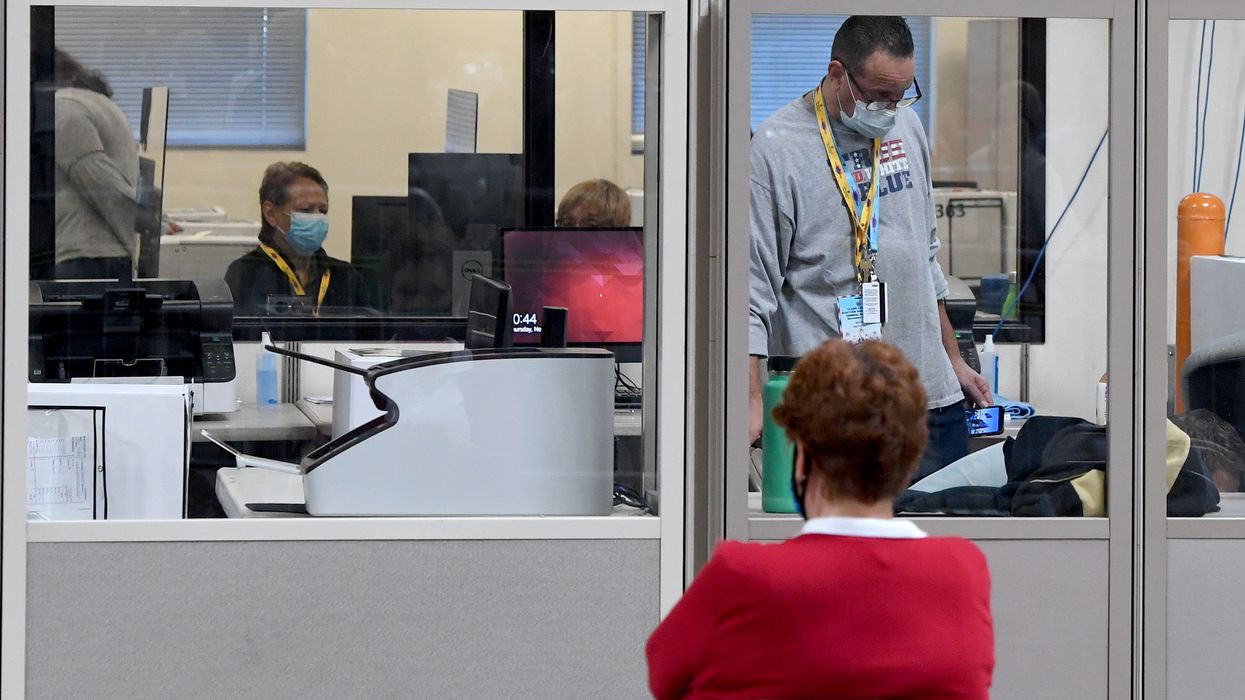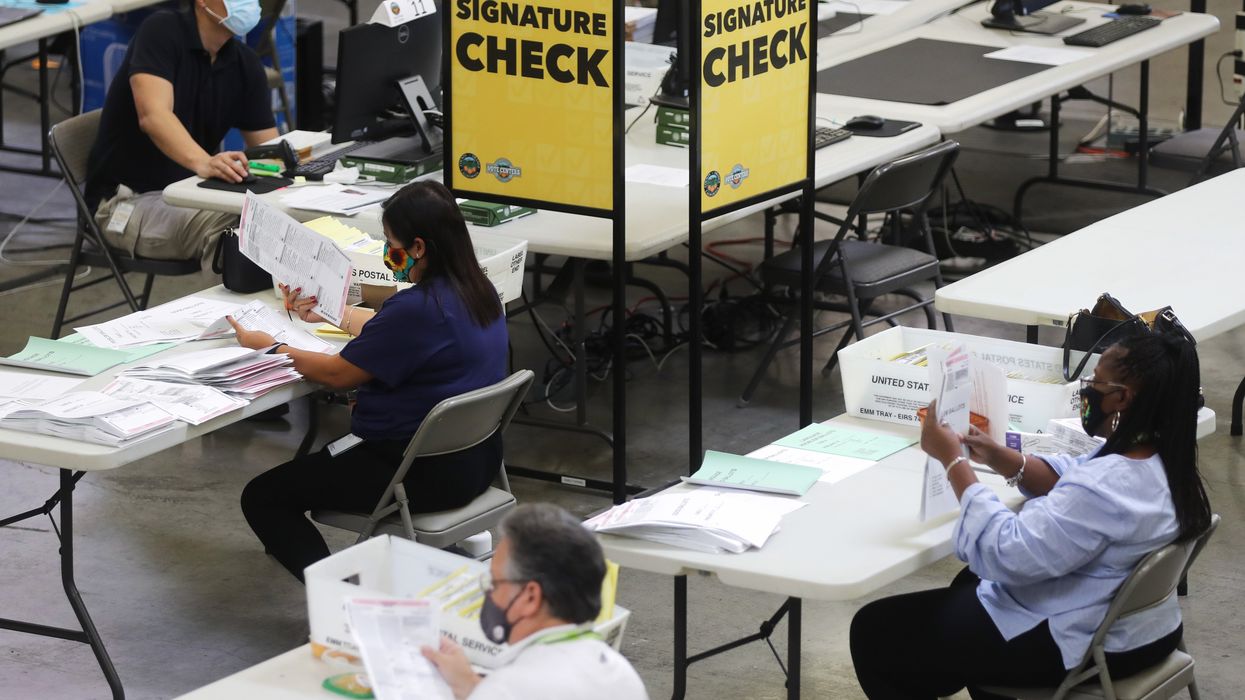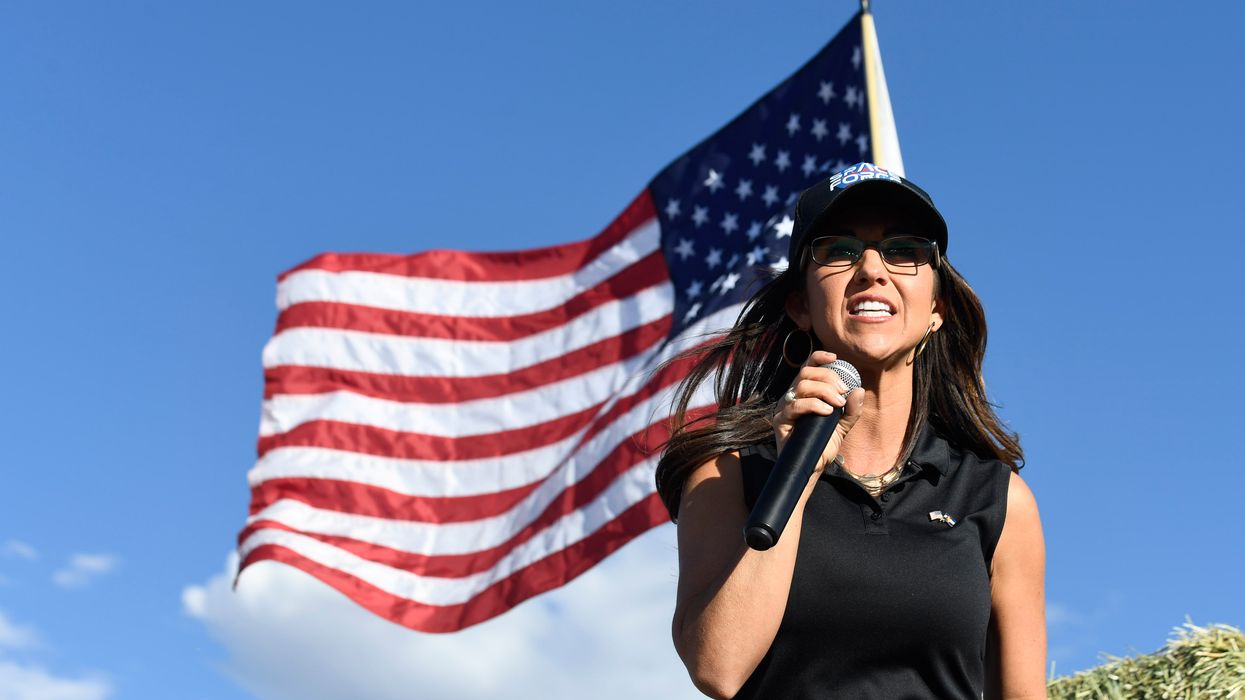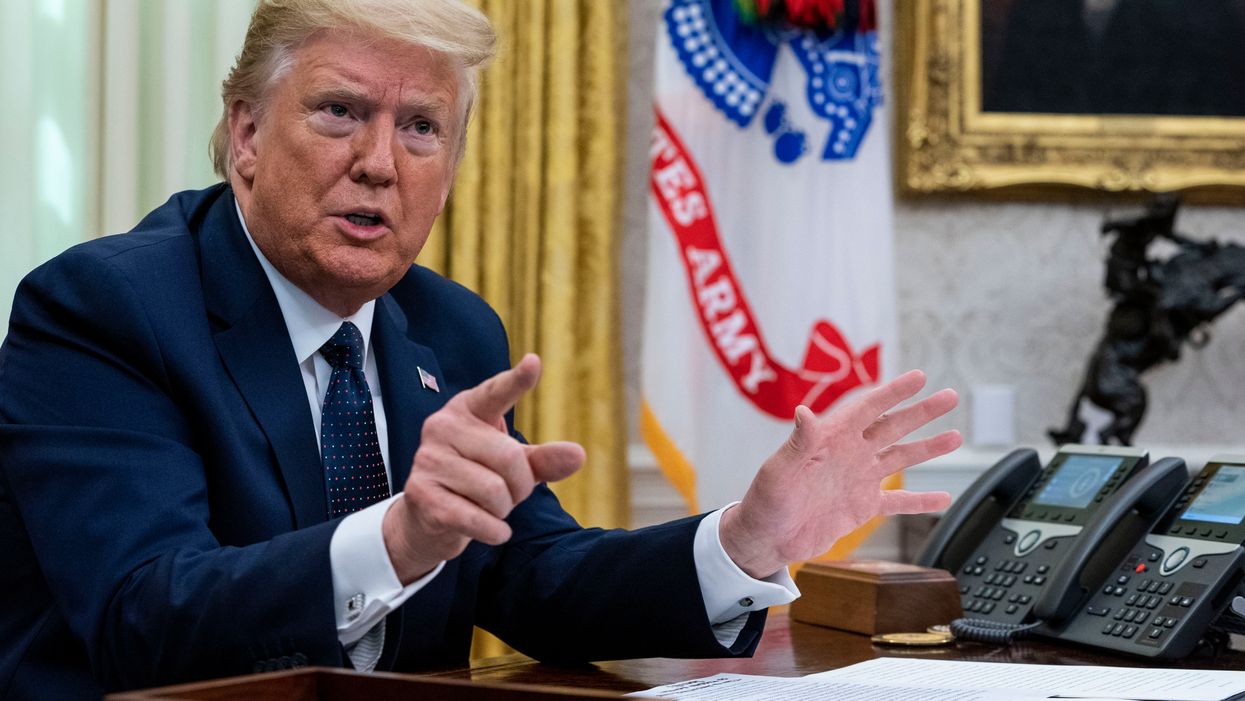A tweet on June 28 by President Trump cited voter fraud in a New Jersey election in order to bolster his argument against mail-in voting. Trump claimed that nearly 20 percent of ballots in a special election for city council representatives were fraudulent.
The municipal election was held in May in Paterson, N.J., for several city council seats. It was among a handful of elections that Gov. Phil Murphy ordered be completed exclusively by mail-in voting due to the coronavirus pandemic. To make the process easier, Murphy signed an executive order in March for ballots to be sent to all registered voters without the need for an application.
But claims of fraud began appearing in local media as early as election day.
According to a report by NPR, the fraud investigation began after the U.S. Postal Inspection Service informed local law enforcement that hundreds of mail-in ballots were stuffed inside a Paterson mailbox.
More than 1,200 ballets were initially tossed due to issues with voter signatures and another 1,000 were dumped because the person who dropped off the ballots did not correctly fill out the envelope to indicate they were the "bearer" of the ballots. New Jersey law allows a "bearer" to collect and deliver up to three ballots per election; however, this right does not extend to candidates.
Three months after the election, four men were charged by state Attorney General Gurbir Grewal with illegally collecting or possessing ballots, including two winning city council candidates. The nonprofit Paterson Press found that votes had been cast in the names of three deceased individuals. And another resident listed as having voted said she did not receive a vote-by-mail ballot, according to NBC New York.
In total, election officials admitted that more than 3,000 mail-in ballots, about 19 percent of those submitted, were disqualified.



















